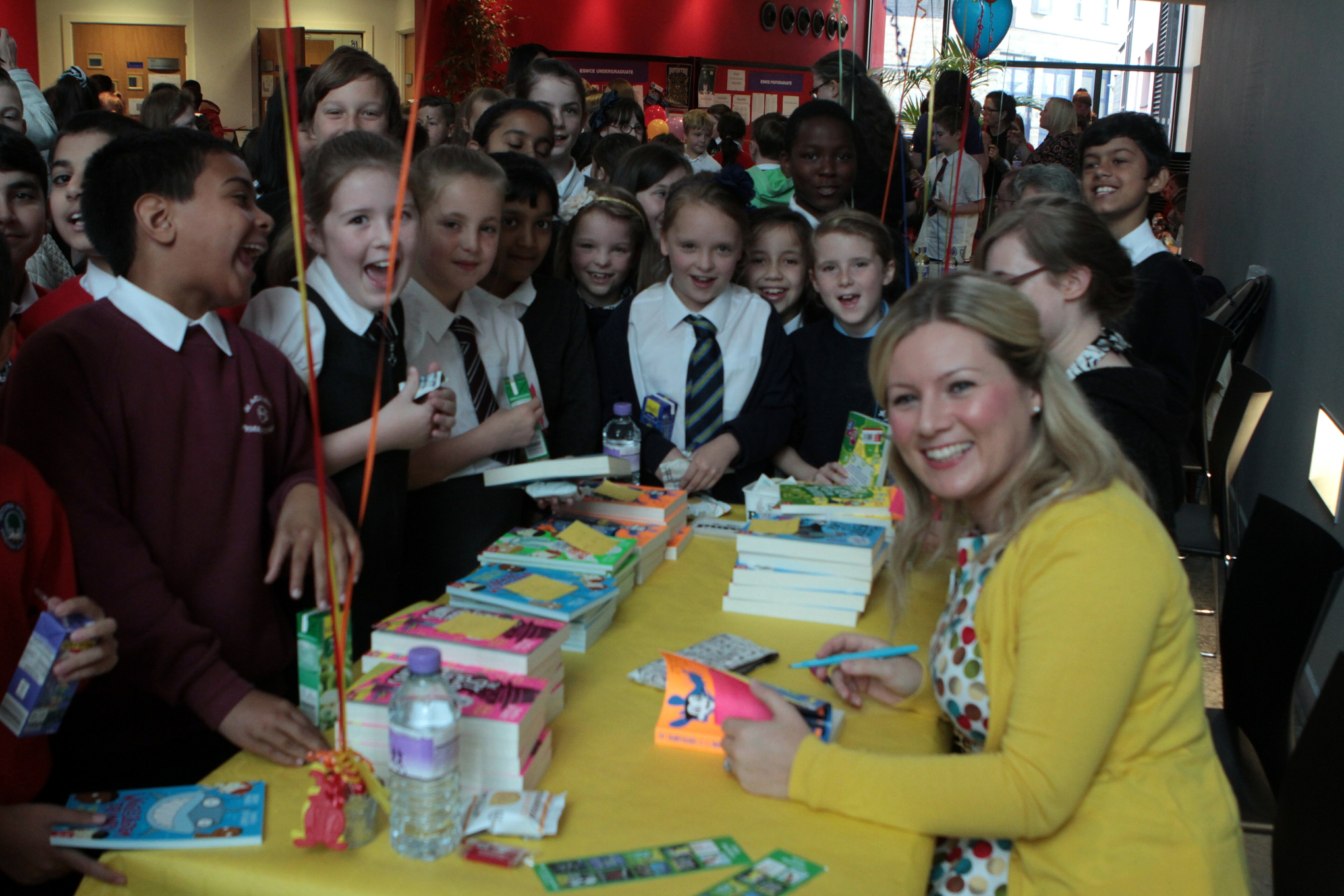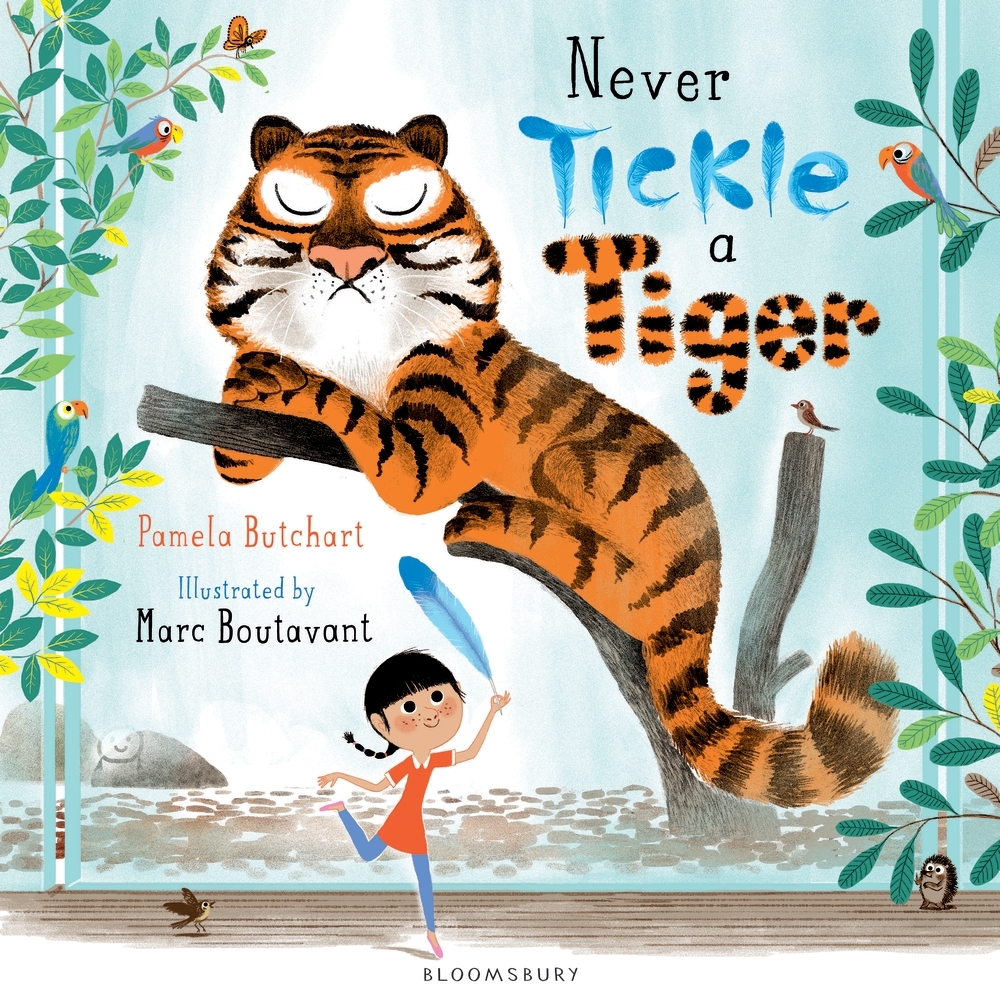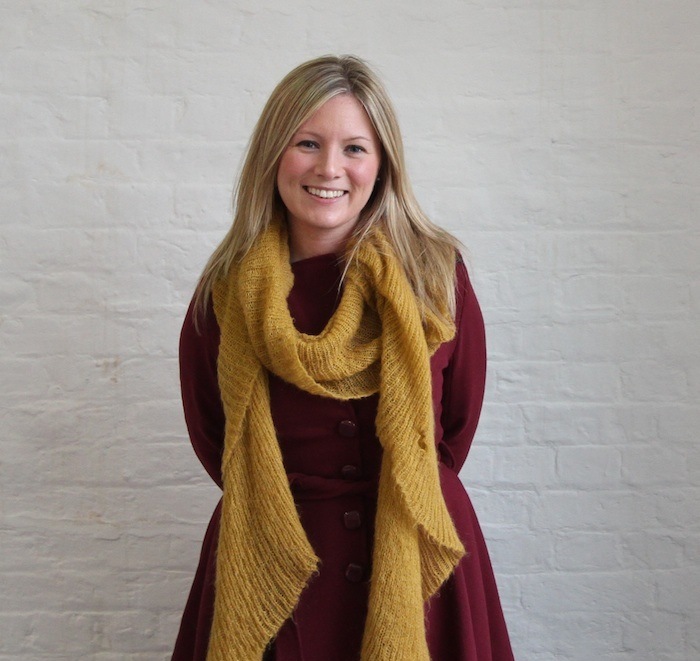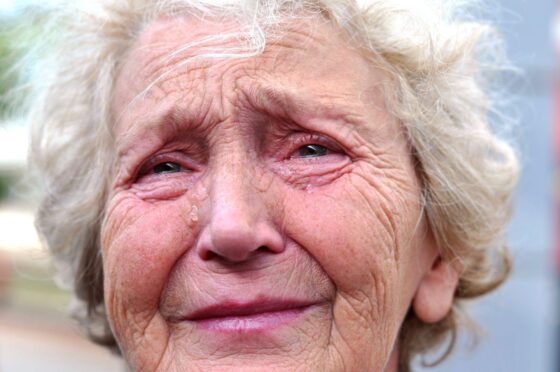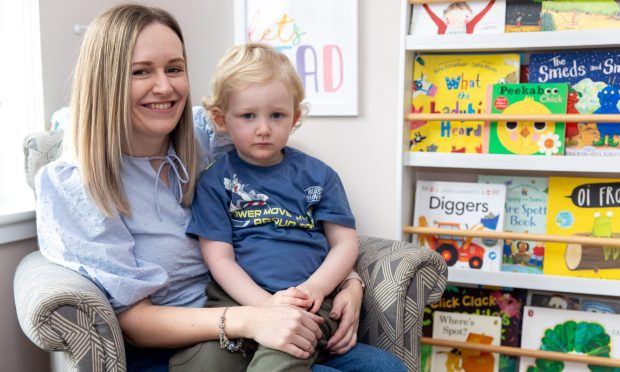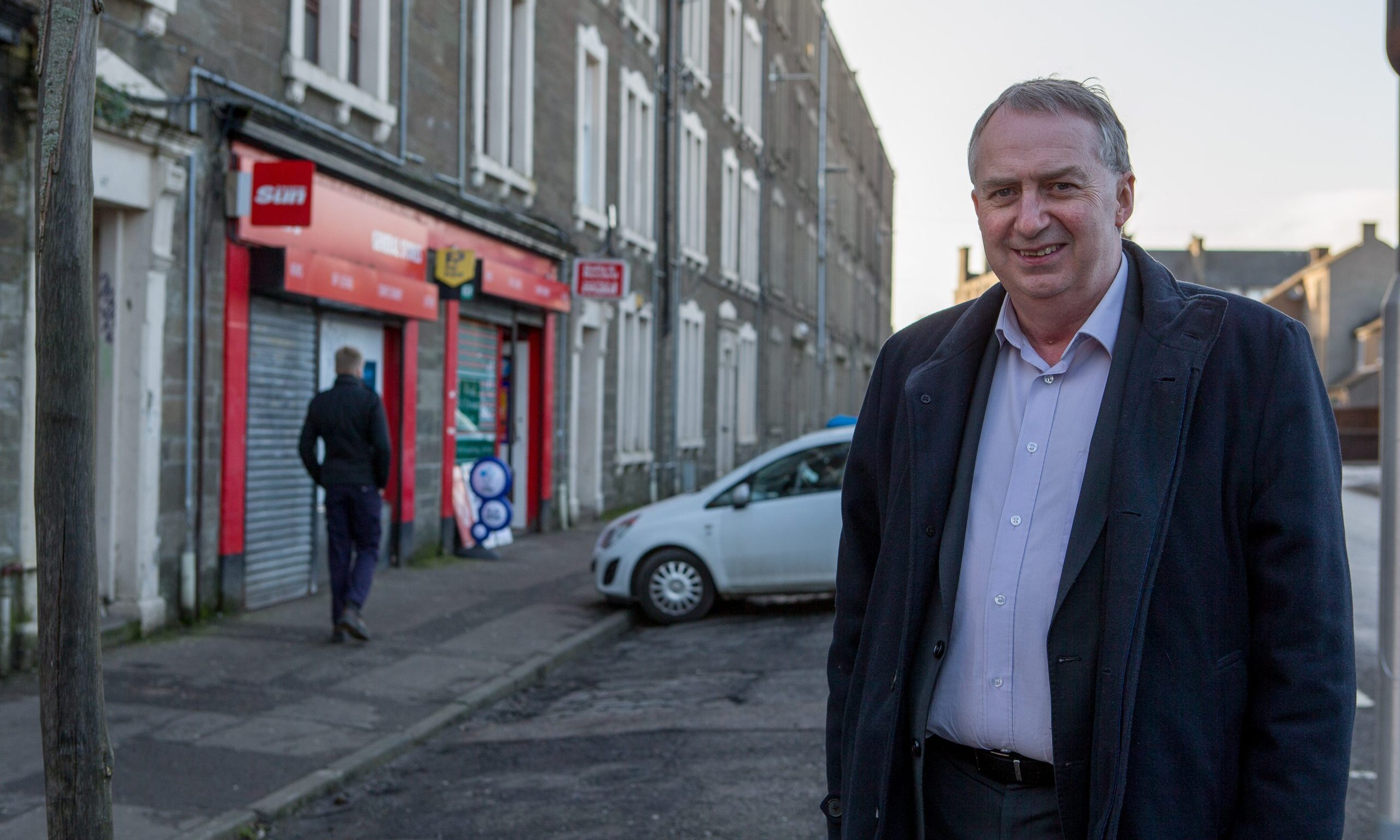Despite loving literature, Dundee teacher Pamela Butchart never thought she could write her own children’s story until her cats (via her husband) bought her a book called How To Write For Children for her birthday a few years ago.
And now, as author ambassador for Book Week Scotland next week, with 15 books under her belt including Never Tickle a Tiger and My Head Teacher is a Vampire Rat, she is hoping to inspire people of all ages to pick up a book and start reading.
Pamela, head of religious, moral and philosophical studies at Harris Academy in Dundee, explains how the cats’ present started her writing.
“I read it and it helped give me the confidence I needed to put my ideas down on paper,” she says .
“I wrote after school every evening and at weekends for nine months – it was hard work but great fun!”
All the effort paid off when her first two books were published on the same day in January 2014. Since then, two of her titles have won awards and her latest books include Attack of the Demon Dinner Ladies and Pugly Solves a Crime.
Pamela is hoping Book Week will help people who don’t usually enjoy reading to find a book that makes them fall in love with it. She reckons funny books are perfect for engaging reluctant readers and has a few suggestions.
“Judith Kerr has been my favourite author since I was a child,” she says. “Mog the Forgetful Cat and Mog and the Baby are my all-time favourite books,” she says.
“I also really love the late, great Louise Rennison and highly recommend Angus, Thongs and Full-Frontal Snogging to any teenager or adult who would like a good laugh.
“My recommendation for children aged 2-6 (and adults!) would be The Great Dog Bottom Swap by Peter Bently and Mei Matsuoka. It’s one of the funniest picture books I’ve ever read. “
Pamela, who will be visiting lots of primary school classes across Dundee next week, adds: “My advice would be to ask a librarian at your local library or school,” she says.
For Book Week Scotland events across Courier Country visit www.scottishbooktrust.com
Did you know…?
The earliest known written instance of the word ‘book’ is in a book by Alfred the Great.
Geoffrey Chaucer’s 14th Century Treatise on the Astrolabe is possibly the first children’s science book written in English – he wrote it for his son.
In the 16th Century, primers or learning books for children were known as ‘hornbooks’.
When asked what book he’d like to have with him on a desert island, author G. K. Chesterton replied: “Thomas’s Guide to Practical Shipbuilding.”
Dickens’ house had a secret door in the form of a fake bookcase. The fake books included titles such as The Life of a Cat in nine volumes.
The Japanese word “tsundoku” means buying a load of books and then not getting round to reading them – something most of us are guilty of!
The Norwegian translation of the Mr Men book Mr Bump is called Herr Dumpidump.
Around £2.2 billion is spent on books in the UK each year. A fifth of this is spent on children’s books.
Facts courtesy of www.interestingliterature.com
